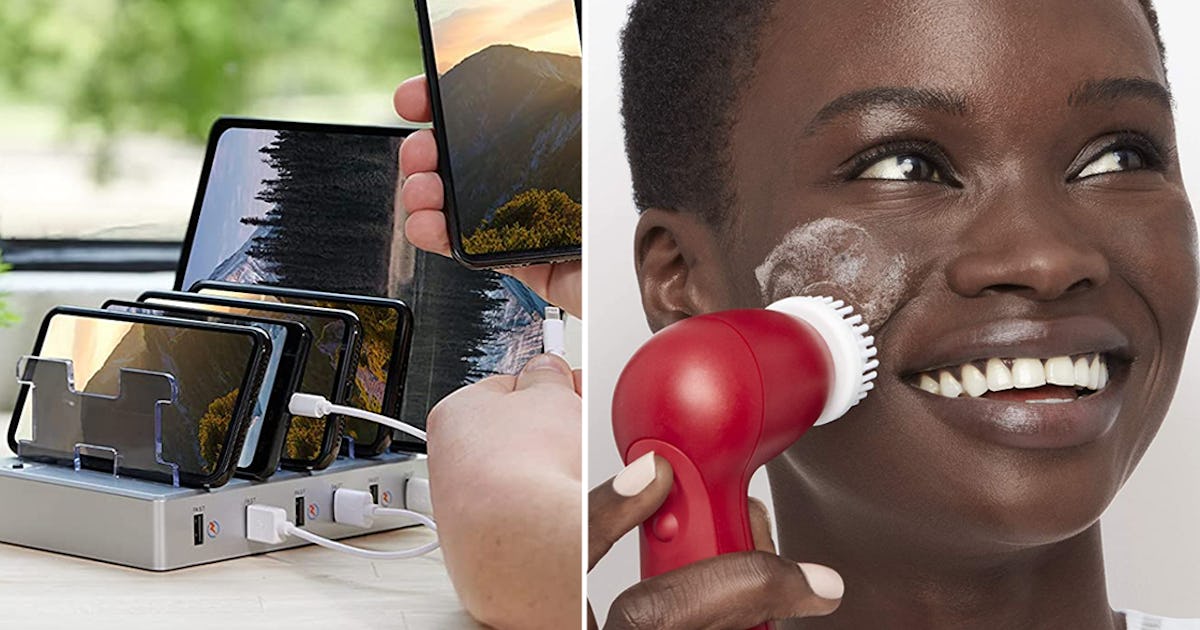The new analyze “matches in well” with that all round overall body of analysis, mentioned Alexis Temkin, a toxicologist with the nonprofit Environmental Operating Team in Washington, D.C.

It hyperlinks hair products use to hormonal differences that are reliable with some of the wellness effects that have been tied to these kinds of goods, according to Temkin.

The results — posted in the journal Environmental Research — are dependent on 1,070 pregnant women in Puerto Rico who created up to 3 research visits more than the course of their being pregnant. They completed questionnaires on private product use and gave blood samples to have their hormone degrees calculated.

Over-all, amounts of estrogen, progesterone and testosterone had been lessen between ladies who documented employing “other” hair products and solutions, versus nonusers. That category integrated dyes, straighteners, bleaches and mousse, but not shampoo, conditioner, hair spray or hair gel.

It can be not crystal clear, in accordance to Rivera-Nunez, whether or not females who use all those hair items may well be uncovered to individual substances that are problematic, or have a increased amount of publicity to endocrine disruptors.

Over and above that, there are numerous things that could sway being pregnant hormones. The scientists factored in the variables that they could — this sort of as women’s pre-pregnancy entire body pounds, revenue and schooling amounts, as properly as their smoking cigarettes and ingesting record.

But it truly is not feasible to account for almost everything, Rivera-Nunez reported.

For now, she advised that girls who are expecting or organizing a pregnancy browse labels and be conscious of what they are putting on their bodies. At the similar, she acknowledged that those people labels are not automatically buyer-welcoming.

“The deficiency of fantastic labeling is a dilemma,” Rivera-Nunez claimed.

Temkin encouraged looking out for the word “fragrance” — a harmless-sounding term that in fact involves a broad variety of undisclosed substances, some of which may possibly be endocrine disruptors.


Additional facts

The Environmental Doing the job Group has far more on individual care products’ elements.


Resources: Zorimar Rivera-Nunez, PhD, MS, assistant professor, biostatistics and epidemiology, Rutgers University of Public Wellness, Piscataway, N.J. Alexis Temkin, PhD, toxicologist, Environmental Doing work Team, Washington, D.C. Environmental Exploration, Nov. 17, 2021, on the internet


